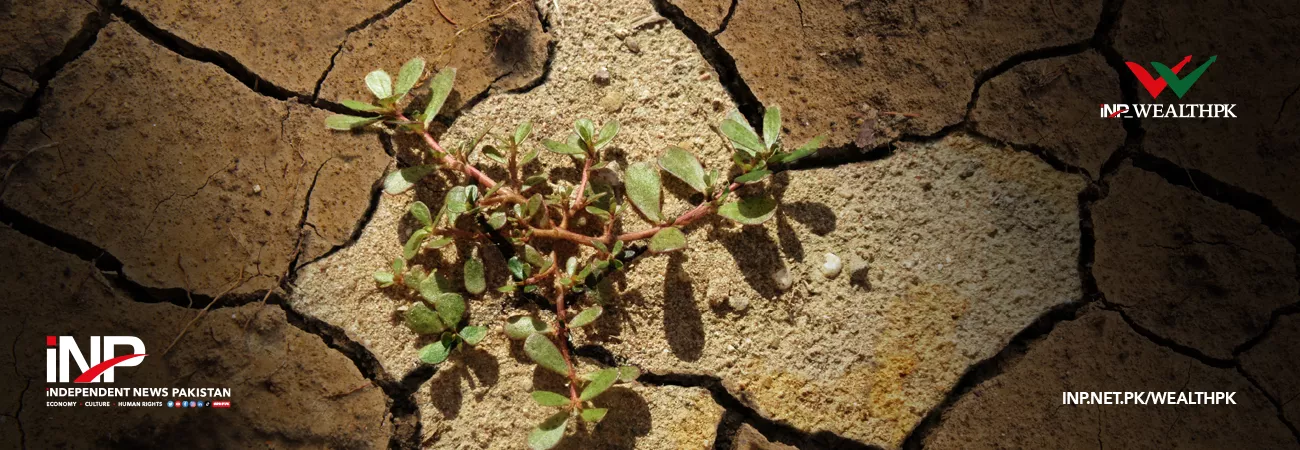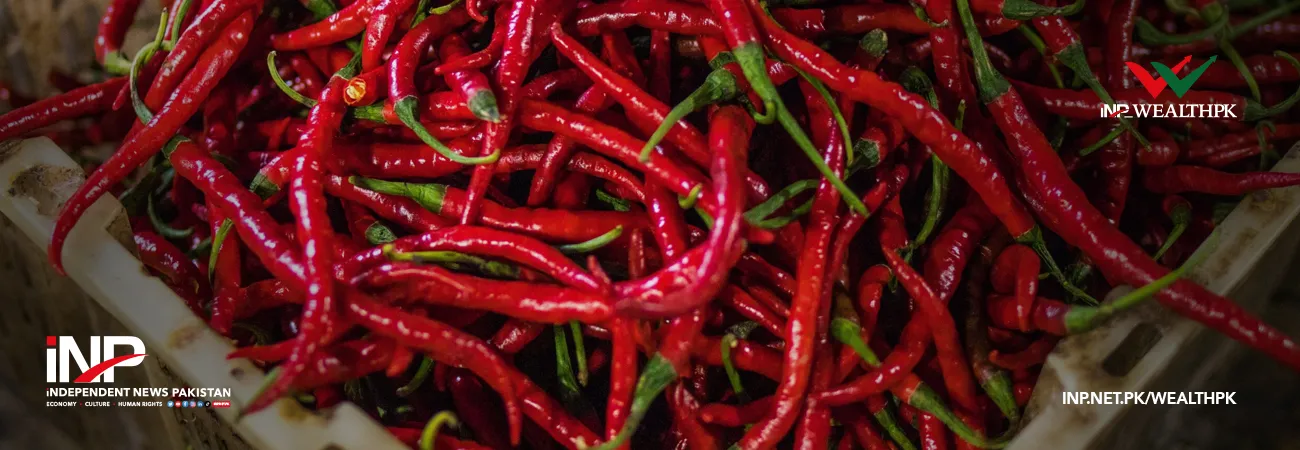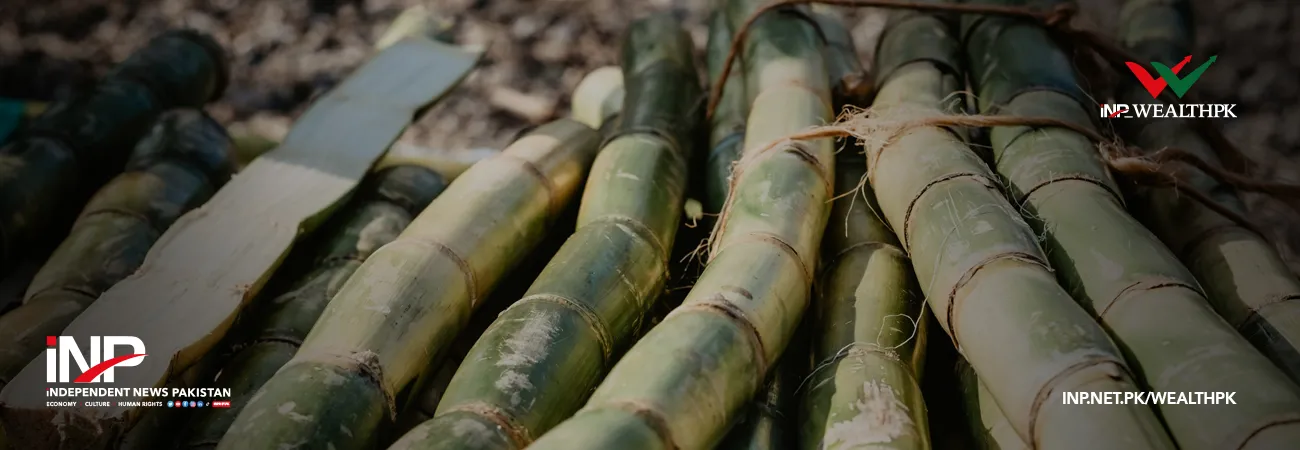INP-WealthPk
Arooj Zulfiqar
Salinity is a serious issue in Pakistan, as it affects irrigated agriculture and causes food insecurity.Talking to WealthPK, senior scientific officer at the National Agriculture Research Centre (NARC) Dr Muhammad Hanif said, “the presence of dissolved salts in the soluble portion of the soil causes soil salinity. Plant growth gets harmed as the concentration of dissolved salts rises. As a result of salinity, crop productivity declines, posing a threat to food security.”
He said high levels of salt, calcium, magnesium, and nitrates all contributed to salinity. Nitrates give plants nitrogen but their excessive concentration contributes to salinity. Their excessive concentration disrupts the plant nutrient uptake and soil PH.
“Additionally, excessive use of groundwater, industrial waste, and sewage waste all contribute to salinity, which has been made worse by climate change due to extreme temperatures and loss of moisture. Decrease in cultivable land caused by salinity, exploitation of natural resources, and the unrelenting increase in population necessitate that every square inch of agricultural land should be protected in order to keep it arable and productive,” he said.
“The biological, chemical and physical characteristics of soil are being negatively impacted by excessive salt rates. The activity of soil microbes and plant roots is influenced by these physical and chemical changes, which ultimately have an impact on crop growth and output.”
He said the countries where agricultural growth was prevented by salinity increasingly relied on other countries for their food supply and demand. To meet this demand, he said, they import products, which results in economic losses, as the cost of the imported products is higher. He said the world was losing 1.5 million hectares annually to salinity — a phenomenon that could complicate food security-related problems in the days to come.
“A large segment of Pakistan is affected by salinity. The country is located in a semiarid and arid territory with a subtropical continental climate that is currently experiencing salinization and sodification. Pakistan suffered $28.5 million loss in crop production due to salinity in 2017. The total annual economic loss was $300 million then.”
“Salinity-related average production losses of wheat, the main food crop, are 65 percent in the country in moderate saline lands. In order to avoid losses, Pakistan needs to develop varieties that can survive in saline soils. In order to achieve good results, more research is needed to minimize the salinity impact on crops,” the NARC official said.
Credit : Independent News Pakistan-WealthPk










